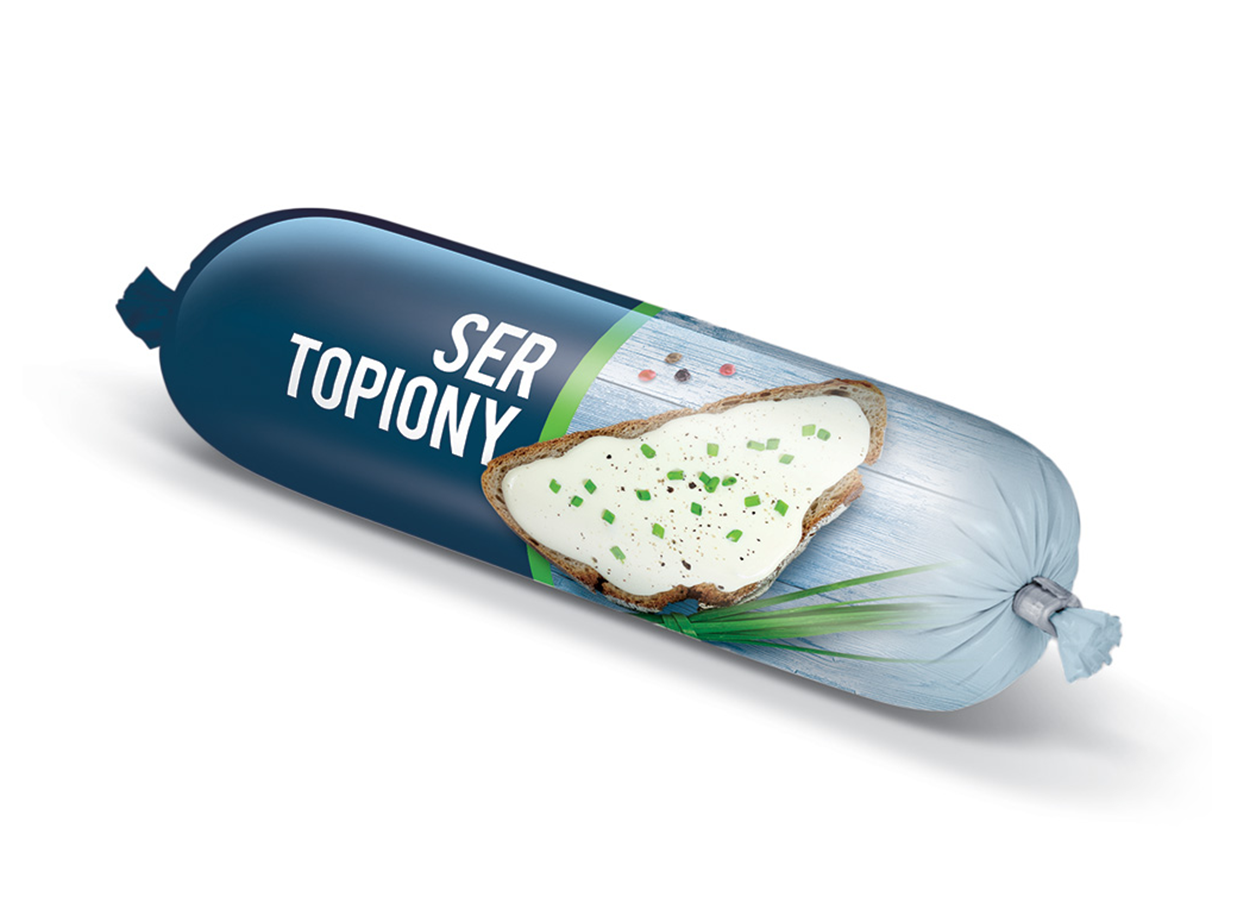Plastic Casings
Our plastic casings are specialized coverings used in the food industry, especially in sausage production. They serve as a substitute for natural casings, which have traditionally been used for making sausages and other sausage products. Plastic casings are made from various plastic materials and offer many advantages over natural casings, particularly regarding hygiene, durability, and processability.
Properties of Plastic Casings
- Durability and stability: Plastic casings are resistant to moisture, oxygen, and other external influences, which extends the shelf life of sausage products.
- Hygiene: Plastic casings are easy to clean and provide a hygienic alternative to natural casings. They are also resistant to bacteria and other microorganisms.
- Adaptability: They can be manufactured in various diameters and lengths to package a wide range of sausage types and sizes.
- Versatility: Plastic casings are available in assorted colors and surface textures, improving the presentation of sausage products.
- Packaging capability: They offer tight packaging that holds and protects the product without damaging it.
Materials for Plastic Casings
Plastic casings are made from various plastics, each with different properties. The most common materials are:
- Polyamide (PA): Widely used for casings due to its high strength, flexibility, and good moisture barrier.
- Polyethylene (PE): PE casings are lightweight and provide good resistance to chemical influences. They are often used for less sensitive sausage products.
- Polypropylene (PP): PP casings offer hot temperature resistance and are typically suitable for sausages that are cooked or smoked.
Applications of Plastic Casings
Sausage Production
- Plastic casings are the most used packaging materials for sausage products. They are ideal for producing bratwurst, Lyoner, salami, mortadella, and many other sausage varieties.
- They can be used for fresh, cooked, and smoked sausage products.
Meat and Fish Packaging
- Plastic casings are also used for packaging products like ham or fish in sausage form. They provide an efficient packaging solution and enable long shelf life.
Vegetarian and Vegan Sausage Products
- Plastic casings are suitable for packaging plant-based sausage alternatives since they contain no animal products.
Functional Applications
- Plastic casings can also be used in the food industry for making cheese rinds, raw sausage products, and as protective covers for pâtés or ready meals.
Advantages of Plastic Casings
- Hygiene: More hygienic than natural casings because they are produced in controlled environments and free from pathogens.
- Long shelf life: They offer an excellent barrier against oxygen and moisture, contributing to extended shelf life of sausage products.
- Cost efficiency: Plastic casings are often cheaper to produce and easier to handle compared to natural casings.
- Versatility: Available in various diameters, colors, and surface textures, allowing adaptation to different sausage types and varieties.
- Easy handling: Plastic casings are easy to process and fill, speeding up and simplifying the production process.
Summary
Plastic casings are an essential component in modern sausage production, offering many benefits including improved shelf life, hygiene, flexibility, and cost efficiency. They are especially suitable for packaging sausages, fish, cheese, and vegetarian alternatives, providing a hygienic, safe, and stable packaging solution.



